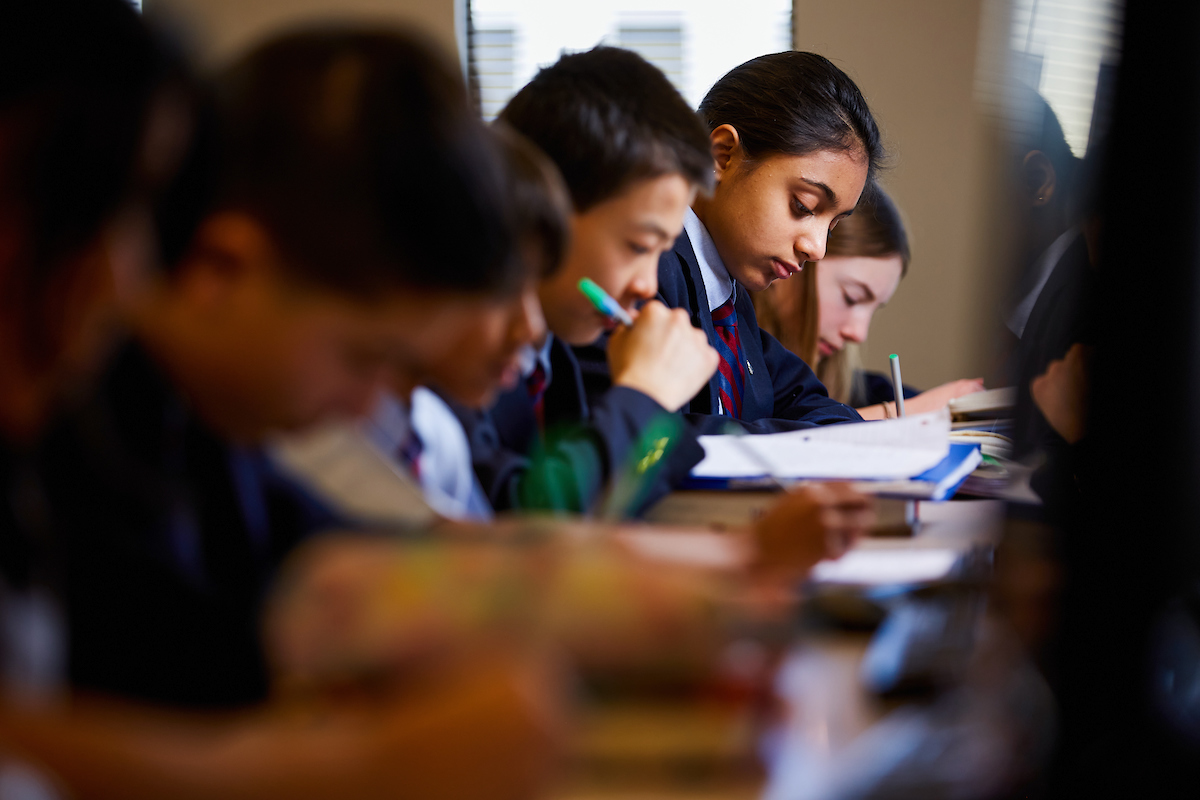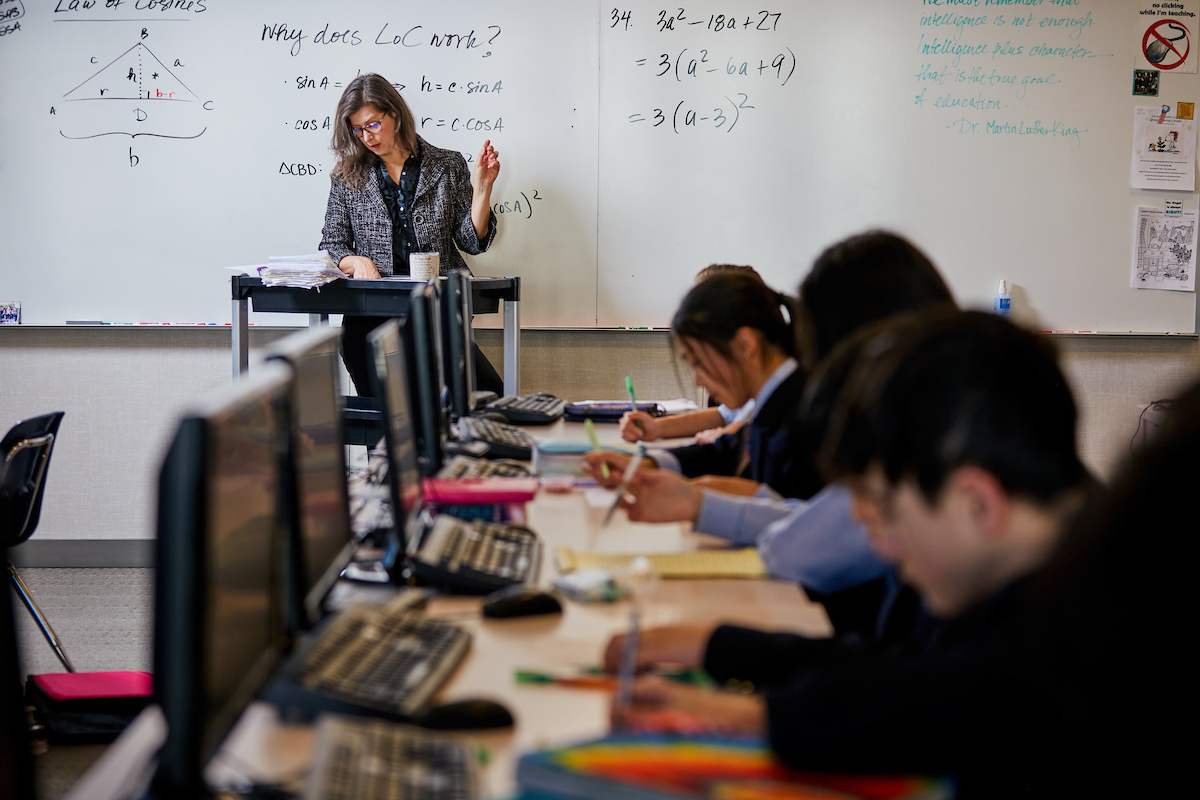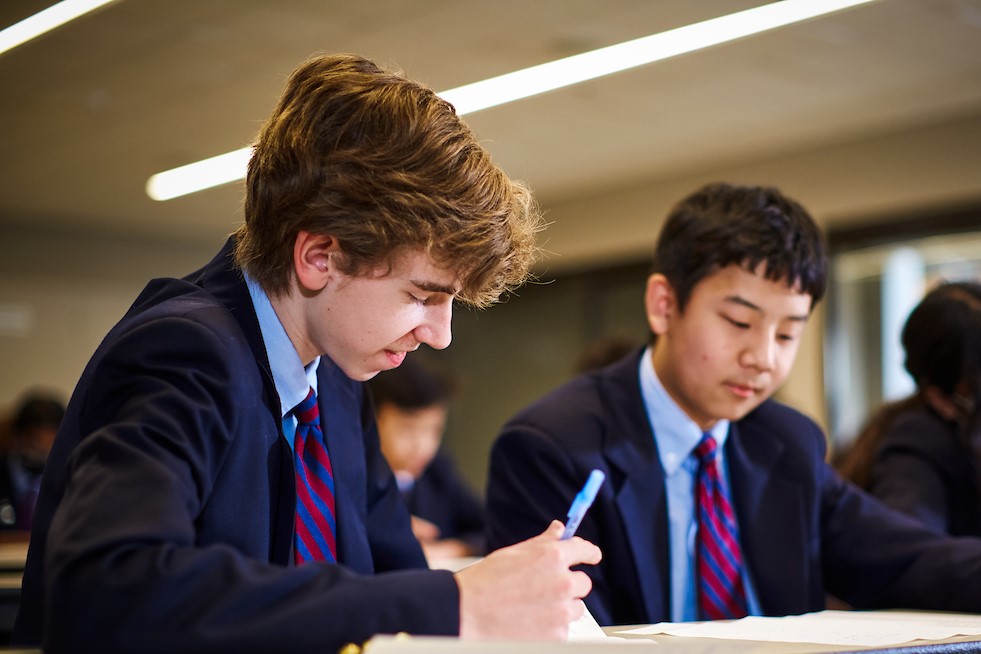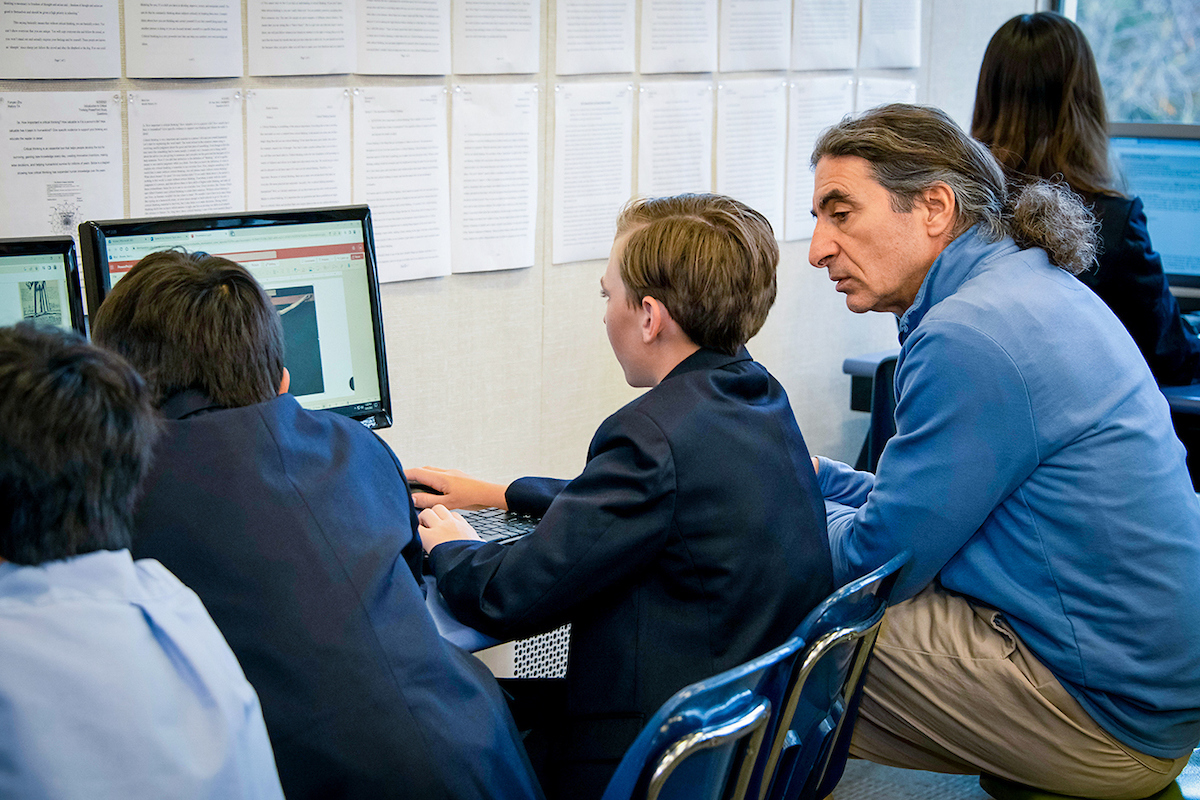Building a solid foundation for a meaningful and successful future.
The right blend of challenge and unparalleled support
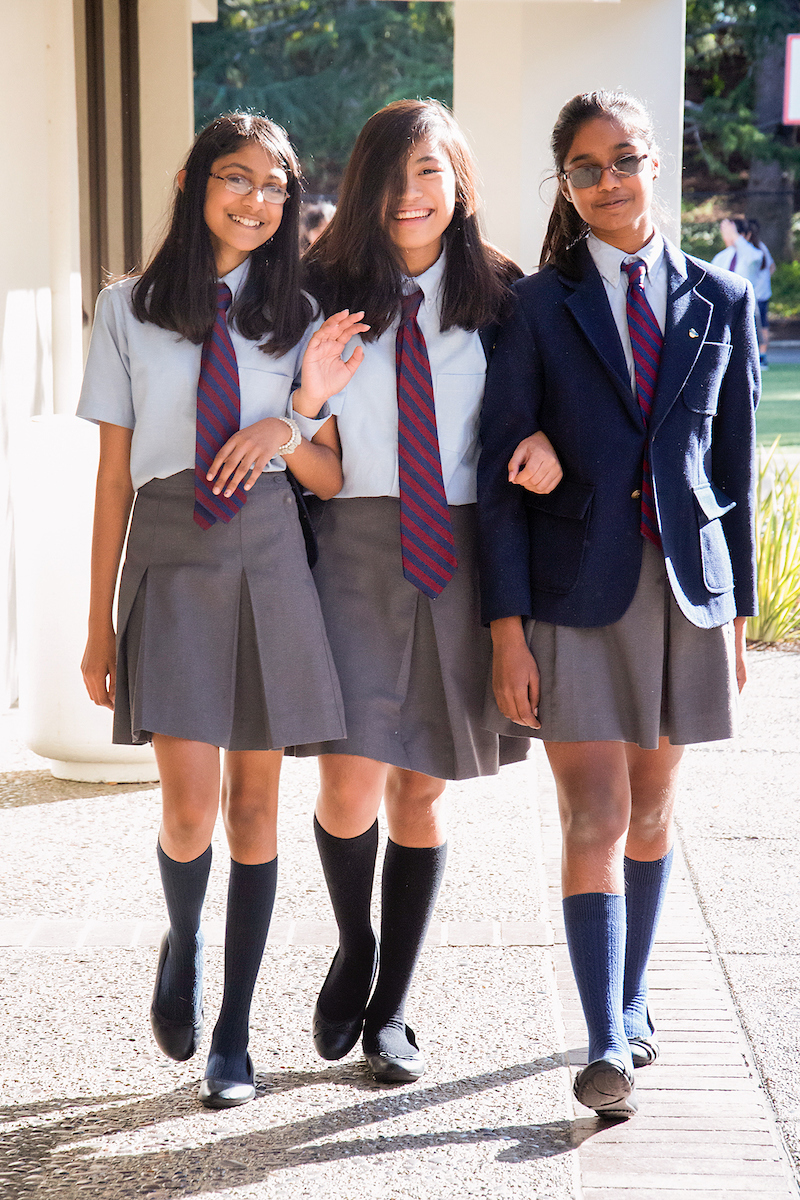

Junior High Philosophy
An engaging curriculum and personalized mentoring allow our students to
excel.
What You'll Find Below:
6 - 8
Nowhere at Dorris-Eaton is the college preparatory nature of the curriculum more evident than in the junior high. Students are exposed to the Socratic method and taught to expand and exercise their higher-order thinking skills. Group discussions and investigations are a mainstay of classes, and healthy debate is encouraged. Woven throughout, teachers assist students in honing their organizational, learning, and study skills.
Through teacher-led workshops, whole-group discussions, and small-group activities students build their interpersonal skills. Learning to communicate effectively and collaborate are important life-long skills that are emphasized and practiced in the classroom as well as in social settings outside the classroom. Being an empathetic listener and using critical-thinking strategies to become a good problem solver are excellent leadership qualities that our students will use in high school, college, and beyond. Each trimester, our students reflect on their previous trimester's social and academic goals and set new goals for the next trimester.
Literature, Grammar, and Writing
Woven throughout our entire curriculum.
Emphasized in all language arts subjects, grammar instruction includes mastering usage, mechanics, and punctuation. The writing curriculum develops students’ skills through speech writing, short stories, research papers, creative writing, journal writing, and essays.
Mathematics
Nurturing critical thinking and analytical skills.
Courses from Pre-Algebra to Accelerated Geometry are offered with students being placed into classes according to their proficiency.
Once each mathematical principle is mastered, students move on to more challenging word problems where they apply, strengthen, and more deeply connect their skills.
Students have the opportunity to seek additional challenges by participating in MATHCOUNTS, AMC8 and AMC10 competitions, the Johns Hopkins Talent Search SAT, and more.
Science
Unraveling the mystery of our universe.
A cornerstone of our program is a weekly double-block lab during which students use proper lab techniques to collect and analyze data.
In sixth grade, students study earth science: matter, minerals, and rocks as well as the earth’s internal processes. In biology, seventh graders focus on the chemistry of life, genetics, and organism classification. In eighth grade, chemistry and physics form a robust curriculum that students find challenging and intriguing—from balancing chemical equations to seeing Newton’s Laws in action.
History
Exploring the human experience past and present.
During interactive group discussions, Socratic seminars, and technology-based learning, students examine the development of civilizations.
Ancient Civilizations from the Paleolithic Age through the rise and fall of Rome are studied in sixth grade. Seventh graders concentrate on World History between the Age of Exploration and the Industrial Revolution. In the eighth grade, students examine the formation of the United States from the Colonial Era to the twentieth century.
Computers
A smart approach to our connected world.
A technologically savvy, responsible digital citizen is the goal of the computer curriculum. Advanced internet research skills to find, evaluate, and properly cite sources are refined and applied to interdisciplinary projects.
Students also learn to navigate Microsoft Office products to effectively organize and communicate information across a variety of media. Coding with HTML and CSS enables students to build or modify websites.
Spanish
Where culture, language, and literacy come to life.
Spanish language acquisition is developed through high-interest lessons focused on listening, reading, writing, and speaking. Vocabulary development, verb conjugation, and pronunciation are emphasized. In addition, grammar is introduced to facilitate students’ understanding of the structure of the Spanish language.
By the end of junior high, students are able to read Spanish texts and write compositions as well as give and critique oral presentations.
